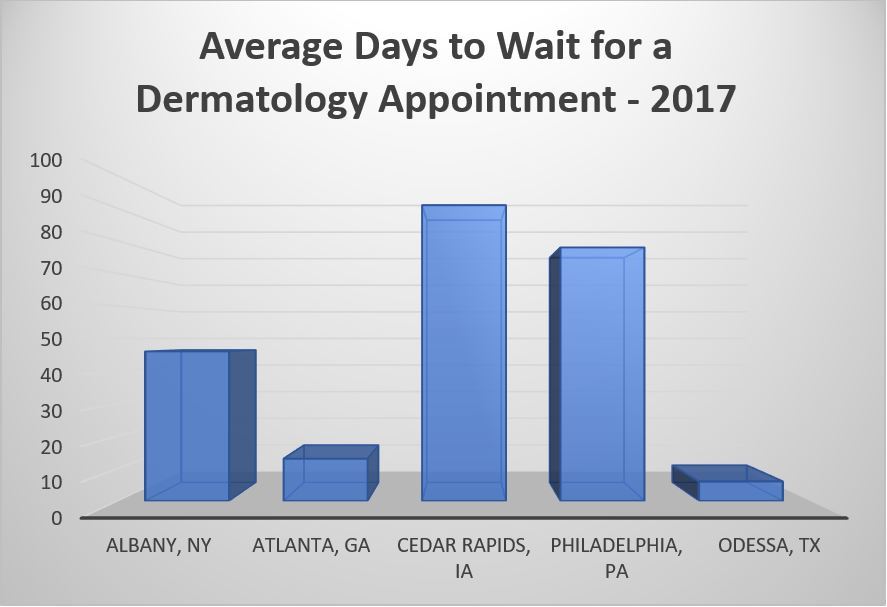“Healthcare is local” has been a mantra among providers for decades. The volume of that mantra increases anytime the industry goes through changes. Recently, it’s gotten louder in the field of dermatology, most likely due to the trend of industry consolidation.
While commonalities exist, there are variances among geographic regions that impact healthcare – from patient access issues to state regulations to which payors are in the market. Therefore, policies and procedures that work in Atlanta might not fly in Albany. Taking it a step further, physicians understand that decisions regarding patient care should be left to the people who are in the exam room with patients and have been trained to make those decisions. Healthcare really is local.
Management Models Matter
As practice management and regulatory compliance burdens have increased, more dermatologists are finding solo practice too difficult. Partnership opportunities allow physicians to spend more face-to-face time with patients and live better-balanced lives. Still, many physicians worry that under these arrangements, they’ll lose clinical autonomy and a voice in how their practices are managed.
Medical practices are more than just businesses. While payor contract negotiations, electronic medical records, and supplies purchasing are all important elements of running a successful practice, patient care must remain the focus. For example, QualDerm has state-level Joint Operating Committees, which are made up of an equal number of physicians and business professionals. This ensures that the provider side and the business side work together to ensure all decisions are made within the context of providing the highest quality patient care that meets the local needs.
Patient Access & Recruiting
Patients across the nation are having to wait longer to get access to dermatological care. According to a 2017 study by Merritt Hawkins, the wait times are at the highest levels since they began tracking this metric. Wait times vary from city to city and in some regions, it can take up to a year to get a basic skin check appointment. Oftentimes, rural areas are the hardest hit because it can be a challenge to recruit physicians to these areas. In cases such as these, the “healthcare is local” mantra is replaced with “there is no local healthcare.”
A dermatology practice in Hickory, NC, ran into this challenge. Patient demand was growing, yet the physician owners were unsuccessful in recruiting additional dermatologists to fill the need. After affiliating with QualDerm, two dermatologists were recruited to join the practice. The practice was also able to expand services so patients did not have to travel to get access to advanced skin cancer care.
Learn more about how QualDerm preserves physicians’ clinical autonomy while helping practices expand local access to care.
Contact us to find out more about partnership opportunities or to discuss selling your practice.
